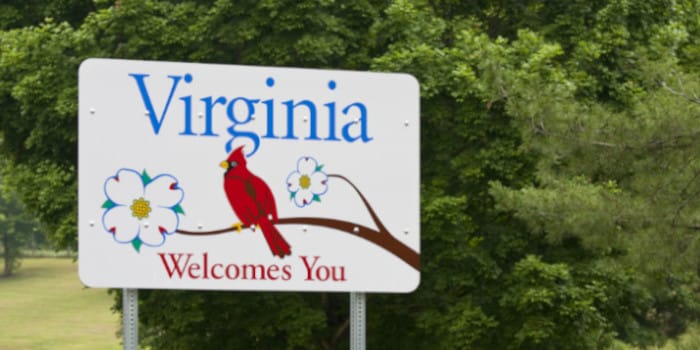The potential legalization of online casinos in Virginia may finally happen in 2025, as an early push has been already registered ahead of the legislative session


Sen. Mamie Locke pre-filed Senate Bill 827 in December, hoping to make sure that when the session gets underway on January 8, 2025, their bill will be one of the first to gather momentum.
Senator Set to Argue the Case for Virginian Online Casinos
The bill has already been referred to the Committee on General Laws and Technology and it could see the Old Dominion join several other states that currently offer iGaming platforms that offer games of chance such as slots, table games, and live dealer games.
Historic opposition against online casinos has been strong in the United States, rooted mostly in the fears of both commercial and tribal gaming operators that once online casinos are up and running, they will cannibalize revenue and ultimately sap the brick-and-mortar market, costing operational results, market share, and ultimately – jobs.
Senate Bill 827 wants to see the state’s four casinos also offer an online casino license. These include Caesars Virginia, Golden Eagle Corp, Hard Rock Bristol, and Rivers Casino Portsmouth. The draft law goes to outline more details about the proposed legalization.
For starters, the onus will be on the Virginia Lottery Board to oversee the sector. Casinos may face application fees of $1 million, and further – a 15% tax on their results, with 2.5% of the money generated this way going to programs designed to combat problem gambling whereas the bulk will be awarded to the state’s general fund.
Virginia already has experience with online gambling, as sports betting was legalized in 2020, and major brands have been operating their mobile sportsbooks for a while now, bringing in a solid tax windfall for the state. Nevertheless, online casinos are historically a bigger driver of state revenue, making them more appealing for legislators.
Virginian Lawmakers Need to Overcome Popular Fears to Push Forward
However, it will ultimately come down to whether Virginian lawmakers and local casino operators will continue to show qualms about the potential negative impact online casinos can have on their brick-and-mortar peers.
Most studies argue that the addition of online gambling actually augments operational results for companies, as the existing land-based operators are usually the recipients of the boost generated by digital counterparts.
At the same time, jobs remain robust in the sector, and there is little to suggest that online casinos have led to a decline in land-based casino jobs.
Louisiana and Maryland are similarly pushing forward with legislative efforts to introduce online casino gambling in 2025.
